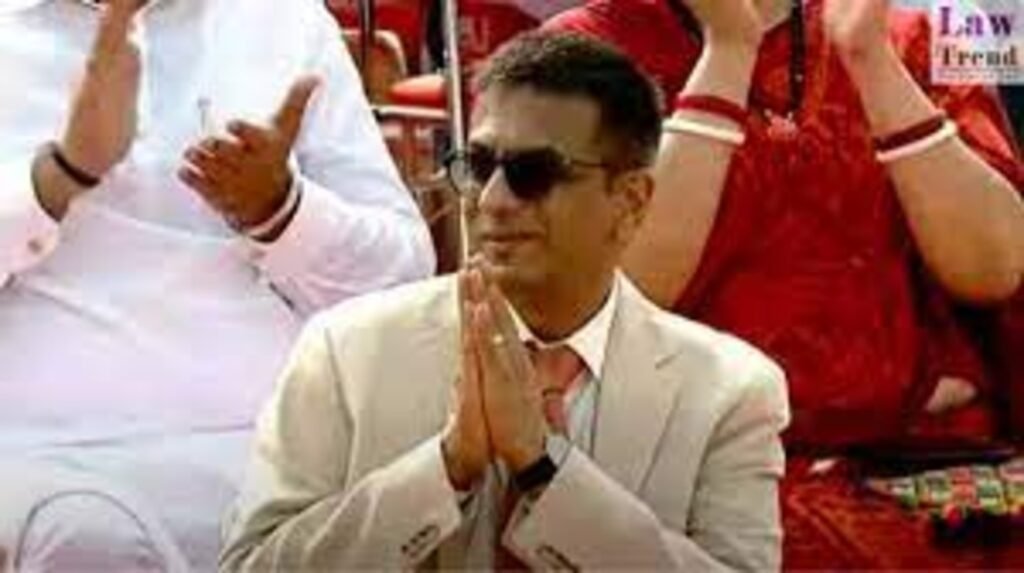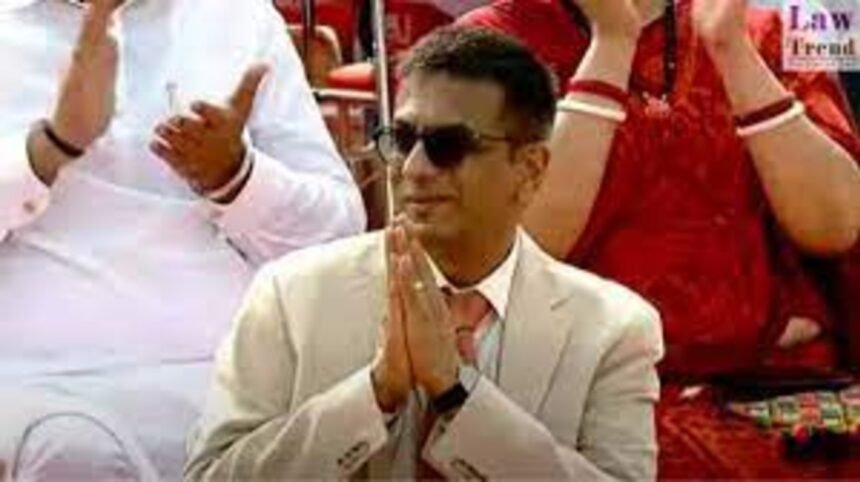August 15, 2023
Introduction
In his Independence Day address from the historic Red Fort, Prime Minister Narendra Modi emphasised the importance of regional languages and commended the Supreme Court’s recent decision to provide judgments in various Indian languages. The move was met with a positive response from Chief Justice of India (CJI) DY Chandrachud, who attended the event as a guest.

PM Modi’s speech cantered around the significance of embracing one’s mother tongue, asserting that the use of regional languages fosters a stronger connection with cultural heritage and facilitates effective communication. He hailed the Supreme Court’s initiative as a step in the right direction, suggesting that judgments being available in regional languages would enhance accessibility to justice for citizens across the country.
The Prime Minister expressed his gratitude, saying, “I also thank the Supreme Court. The Supreme Court has said that the operative part of the judgments will be in one’s mother tongue. The significance of the mother tongue is increasing.”
Chief Justice DY Chandrachud, known for his advocacy of judgments in regional languages, was present at the Independence Day event. His folded hand gesture in response to PM Modi’s remarks spoke volumes about his appreciation for the acknowledgement.
Significant change for Inclusivity
In a significant move earlier this year, CJI Chandrachud announced that the Supreme Court’s judgments would be translated into four major regional languages—Hindi, Tamil, Gujarati, and Odia. He highlighted that the legal language often used in judgments, primarily English, is not comprehensible to the majority of citizens, and translation into regional languages is essential for ensuring access to justice for all.
Speaking at an event in Mumbai, Chief Justice Chandrachud elaborated on the initiative, indicating that the next step is to provide translated copies of Supreme Court judgments in every Indian language. He emphasized the use of technology to bridge the gap between the courts and citizens spread across the diverse linguistic landscape of the country.
Prime Minister Modi lauded the CJI’s suggestion, calling it a “laudatory thought” that would greatly benefit the populace, especially the younger generation. He took to social media to praise CJI Chandrachud’s vision, sharing a video excerpt of the Chief Justice’s speech and expressing his support for the integration of technology to achieve this goal.
Conclusion
The convergence of these voices—of the Prime Minister and the Chief Justice—underscores the significance of language diversity in the Indian legal landscape. The move towards delivering judgments in regional languages not only promotes inclusivity but also reinforces the democratic values on which the country stands. As India progresses, embracing its linguistic richness promises to be a cornerstone of its legal evolution.







